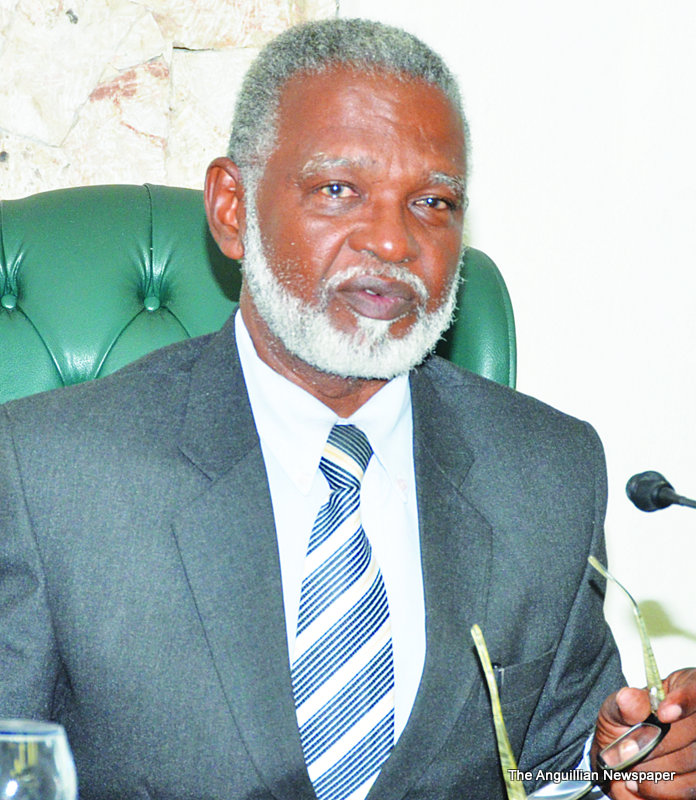In Anguilla, right thinking persons, holding positions of authority, have been driven to the conclusion that decisions should be primarily or solely taken on the basis of conviction without regard for sentiment or emotion, as expressed by the populace. The desires and wants of Anguillians sometimes appear to be highly transient and change with the direction of the wind.
Political authorities are often the victims of this transient behaviour. Anguillians clamour for change and then when change is delivered they readily denounce such change. This appears to be the situation with the Government’s current proposal to introduce changes to the Anguilla Constitution.
It is generally accepted that Anguilla’s Constitution is the most outdated of the Overseas Territories Constitutions. Our Constitution has been subjected to scrutiny by many Constitutional and Electoral Reform Committees / Commissions over more than two decades. Sadly, none of those exercises have advanced to meaningful discussions with the United Kingdom Government, resulting in a draft Order in Council intended to effect changes to our Constitution.
The last Constitutional and Electoral Reform Exercise, led by Mr. Don Mitchell QC, has met with greater success than previous exercises. The Government of Anguilla, having accepted most of the recommendations of Mr. Mitchell’s Committee, have engaged with the UK Government to introduce changes to the Anguilla Constitution in two phases. The first phase is seeking to address a number of changes to the Constitution relevant to elected officials, elections and Anguillian status. All these changes are substantially as recommended by the Constitutional and Reform Committee which collated and presented, to the Government, the majority views of the populace with which they engaged.
One would generally expect the Anguillian public to be ecstatic about the progress that is finally being made in relation to the revision of our outdated Constitution. Anguilla has rightly been described as an island of contradictions and, true to form, some persons appear to be disgruntled at the progress being made in advancing the recommended constitutional reforms. Issue is being taken with the reform provisions that have been given prominence, and the motives of the Anguilla United Front (AUF) as expressed Administration are being questioned. Despite the general view, during the Constitutional and Electoral Reform Exercise, being supportive of the changes reflected in the Draft Order in Council, suddenly it is being presented as if the only beneficiary of the proposed changes would be the AUF Administration.
A further point of discontent stems from the view that there is the possibility that the promised second phase of the Constitutional and Electoral Reform Exercise might never manifest itself. This, sadly, is a reflection of the distrust many persons have in our politicians’ ability to deliver on their promises. What is even sadder is that, by virtue of the conduct of politicians, over the years, there is a sound basis for such feelings of mistrust. Hopefully, on this occasion such feelings of mistrust will turn out to be misplaced.
Decision makers, recognising that they are likely to be vilified whether or not they proceed with the recommended Constitutional amendments, should act from a position of objectivity. An objective review of the current situation reveals that the proposed amendments were recommended by the Constitutional and Electoral Reform Committee, following consultative sessions with members of the public and this is the first time in more than twenty years that a constitutional exercise has arrived at such an advanced stage. In the circumstances, despite the naysayers, the Anguilla United Front Administration can feel vindicated that they are acting to institute the will of the majority of Anguillians, albeit in a phased process. In this instance it must appear to an objective thinker that it is better to be damned for doing, than for not doing.








